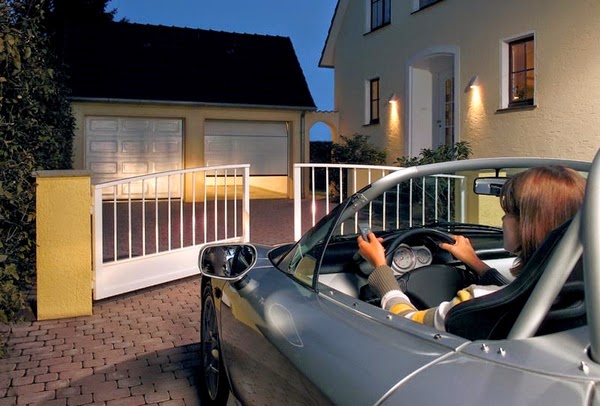The smart homes or domotics born, perhaps, of man’s need to live more lightly in terms of concerns at home.
They consist of a set of systems capable of automating a home providing energy management services, safety, welfare and communication. They can be integrated through internal and external networks of communication, wired or wireless, and control of the same can be done from inside or outside the home.

Like any technological innovation, these smart homes have certain characteristics that give both a strength and as a negative.
The positive aspects offered by automation are:
– Energy saving. This concept is based on the efficient management of this resource. That is, using measures to reduce unnecessary energy consumption.
– Comfort. It involves all actions that can be carried out to improve the comfort of the home.
– Security, consistent is a safety net to protect the assets and personal safety.
– Based communications systems or infrastructure owned by the household, such as internal or external control, remote internet using, among others.
– Accessibility. Based on the applications or remote control facilities of the environment in order to promote the personal autonomy of individuals who have functional limitations or disability. As for the economic cost is currently easier access to these homes.
As for the negative aspects of these smart homes is the most salient feature vulnerability to hackers and can access the information from home and invading the privacy inside and outside the house.
This is because the internet is controlled through a cellular airwaves allowing owners to access information from anywhere in your home.

0 comments:
Post a Comment